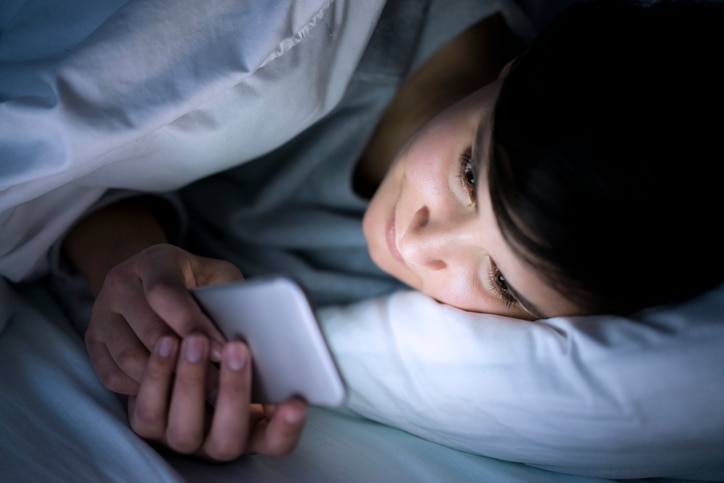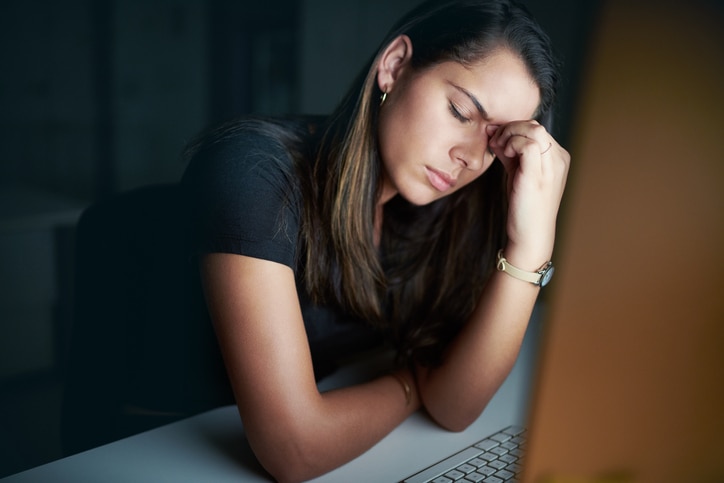Feeling sluggish, terrible even after a full night of sleep? We feel you. Want to know why? Here are some reasons that leave you exhausted no matter how much sleep you get. Keep in mind that It is not just the quantity of sleep, it’s also the quality.
#1 Use electronics before bed
Using electronic devices before bedtime can adversely affect your sleep. Your tablet, smartphone, laptop and TV all emit blue light that suppresses the release of the sleep-inducing hormone melatonin, and therefore affecting our sleep-wake cycles. So, make sure you give yourself at least 30 minutes of gadget-free transition time before bed. Ideally, sleep in a room that’s completely dark with all your electronics switched off.

#2 Eat too close to bedtime
Eating two to three hours ahead of bedtime definitely hurts your overall quality of sleep. If you’re stocking up on processed sugary, fatty foods, you’re more vulnerable to waking up during the night as your body is at work disgusting food. Can’t go to bed hungry? Eat sleep-promoting foods like almonds, bananas or oatmeal to help you sleep better at night.

#3 Stress
Excessive stress can lead to physical and emotional exhaustion. When you’re overly anxious or stressed out, the sympathetic nervous system doesn’t shut down, and your brain remains hyperactive. Even you have had ample amounts of sleep, but you still wake up tired and exhausted. How to sleep like a baby, even if you are under a lot of stress? Try stretching before bed can help you sleep and stay asleep. Just do a few poses for about 5 minutes. Give it a try!

#4 Caffeinated beverages before bedtime
Caffeine is a stimulant and will increase alertness when your body wants to wind down. Late night coffee, soda or energy drinks can disturb your body’s internal clock and keep your brain out of the deeper stages of sleep. It’s best to avoid using caffeine three hours before bedtime to help get you to sleep. And keep your daily caffeine intake to 400mg, approximately 4 cups of coffee.











